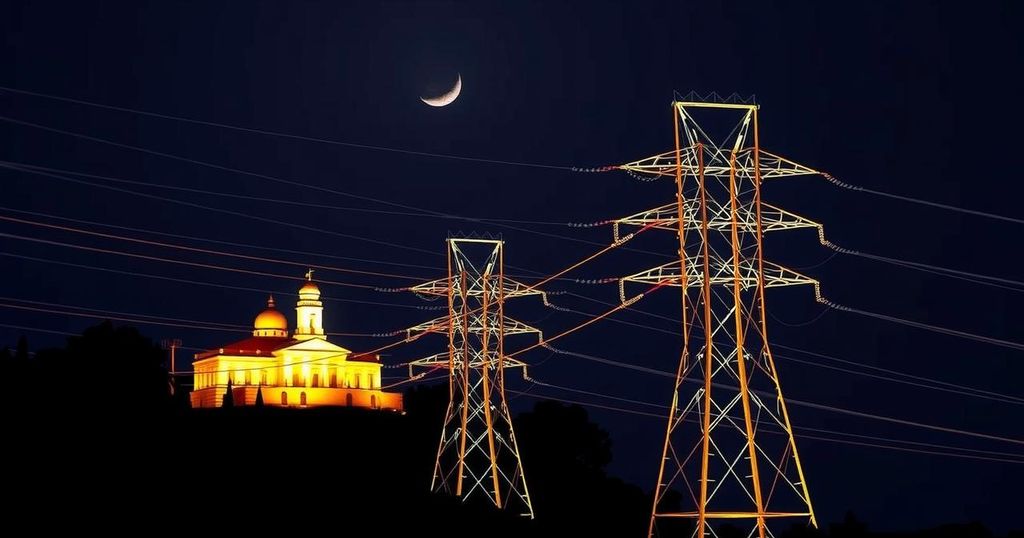Colombia has decided not to resume electricity exports to Ecuador presently, focusing instead on meeting its domestic energy demands due to low water levels affecting hydroelectric generation. This decision places the onus on Ecuador to find alternative energy sources.
Colombia has officially decided against the resumption of electricity exports to Ecuador for the foreseeable future, according to recent statements by government officials. This development comes amid ongoing discussions regarding energy cooperation between the two nations. The restrictions stem from a combination of low water levels in Colombia’s hydroelectric reservoirs and the necessity to prioritize domestic energy needs. The Colombian government emphasized its commitment to ensuring energy security for its own citizens before considering any potential electricity exports. This decision underlines the challenges faced by both countries. Ecuador, previously reliant on electricity imports from Colombia, must now seek alternative sources to satisfy its energy demands. The situation highlights the vulnerability of energy supply chains in the region, particularly in light of changing climate conditions that impact hydroelectric production, which is a vital energy source for Colombia. Colombia’s stance on electricity exports may evolve in the future, depending on improvements in water levels and a stabilizing demand for electricity domestically. However, for the present, the priority remains firmly on bolstering internal energy resources to guarantee that the electricity requirements of its population are adequately met.
The decision by Colombia to suspend electricity exports to Ecuador is grounded in the current energy landscape in South America, characterized by fluctuating water supplies that directly affect hydroelectric power generation. Historically, Colombia has been a significant supplier of electricity to its neighboring countries, particularly Ecuador. However, climatic variations and shifts in water levels have posed threats to hydroelectric capacity, prompting concerns about energy availability both for domestic use and export. As Ecuador grapples with the implications of reduced electricity imports, the urgency for Colombia to secure its own energy reliability becomes paramount.
In summary, Colombia’s current decision to halt electricity exports to Ecuador is a consequence of prioritizing national energy security amid challenging climatic conditions that have affected hydroelectric output. The ongoing energy discourse between Colombia and Ecuador will remain critical as both nations navigate their respective energy needs in the coming months.
Original Source: www.bnamericas.com






